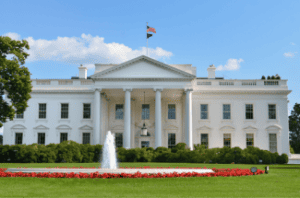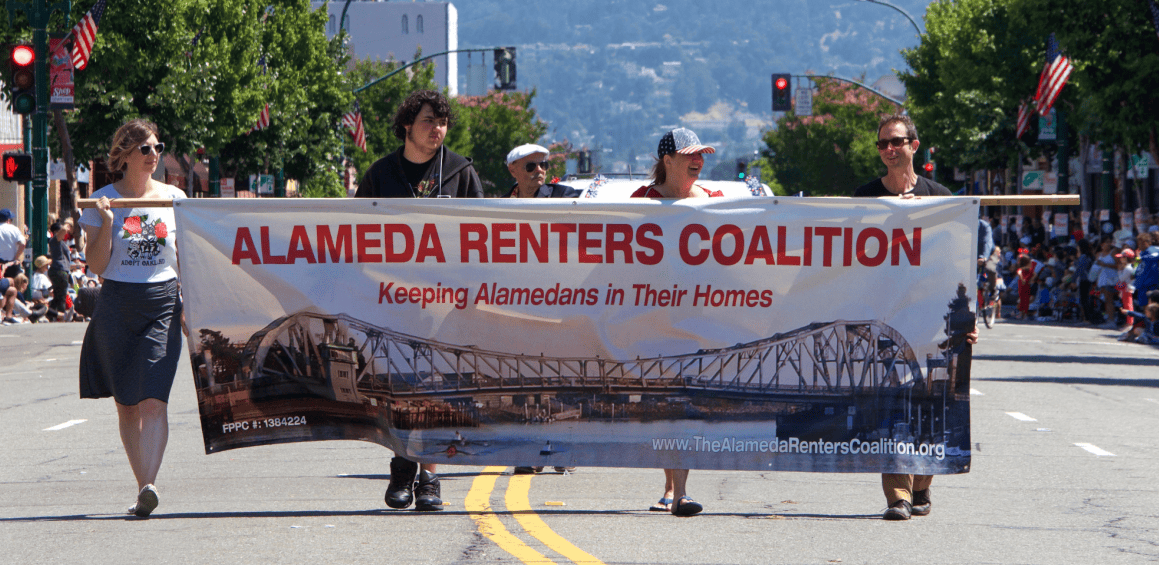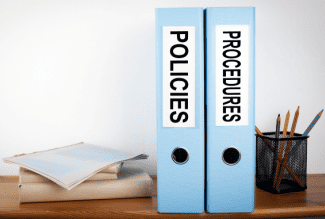New White House Rule Aims to Curb Evictions in Affordable Housing
Landlords would need to give a month’s notice before filing evictions in public housing or certain subsidized units under a new federal rule.

Under the proposed rule, landlords who accept certain subsidies would need to provide written notice at least 30 days before filing an eviction in court. The new requirement from the US Department of Housing and Urban Development would apply to public housing agencies as well as owners of properties that participate in federal rental assistance programs, shoring up protections for millions of renters.
“It’s notice that you’re behind on rent, giving you information on how to catch up on your rent, before an eviction notice can be filed,” says Solomon Greene, principal deputy assistant secretary for policy development and research at HUD.
The White House has identified the lease’s fine print as an arena for enacting new protections for renters nationwide. Back in January, the Biden administration issued a blueprint for a renters’ bill of rights, a document that outlines a rolling series of pledges from federal agencies to beef up tenant protections however they can. While it falls short of a federal “homes guarantee” pursued by housing advocates, the new HUD rule would boost the rights of cash-strapped renters across the country.
Before the pandemic, public housing residents got just 14 days’ notice before a public housing agency filed for eviction. Most other tenants living in government-subsidized housing had only the eviction protections outlined by state or local law, or their lease — which for much of the country means very little in the way of enforceable rights. As part of the federal government’s crisis response, HUD enacted an interim rule in November 2021 allowing the secretary to expand the mandatory notice period for evictions to 30 days during an emergency. The new rule introduced on Dec. 1 builds and expands upon that interim rule, cementing the 30-day waiting period as a standard for certain tenants — emergency or not.
Some 3.9 million tenants would be covered by this new rule, including 1.7 million public housing residents and 2.2 million residents aided by a program called project-based rental assistance. The rule requires landlords to provide information about how tenants can recertify their income to reassess how much rent they’re responsible for paying themselves. It also enables tenants to apply for a hardship exemption so they can remain in their homes. If the rule is finalized as it’s currently drafted, the protections would be written directly into tenants’ leases.
Yet the 30-day notice would not apply to several million tenants who receive federal Housing Choice Vouchers, the aid program popularly known as Section 8. And this rule would only extend the notice period for evictions related to nonpayment of rent.
Need Legal Help?
Chat with a real estate lawyer near you. It’s only $5 for a 1-week trial. Ask unlimited questions.
Reams of research show how evictions damage the health and stability of people facing displacement. Filings alone can be a black spot on a household’s record — even if the case fails or never even reaches court — excluding a family from large swaths of available homes. Black households and especially single mothers face a disproportionate risk of eviction.
The process is expensive for everyone involved: According to HUD, the savings associated with the rule range from $8.3 million and $52.5 million per year, based on unneeded shelter stays, emergency room visits, child welfare services and other social costs.
“Even the process of beginning an eviction filing triggers all sorts of costs,” Greene says, on top of the “emotional distress for renters.”
Although landlords do bear additional costs when tenants miss their rent payments, Greene says the costs should be marginal. The rule does not alleviate any tenant’s responsibility to pay the rent (most of which the government pays, for these programs). Giving renters more time to cure the problem often works, he says. Even factoring in the cost of delayed or missed payments, HUD estimates that the annual costs to public housing agencies or owners of project-based rental assistance properties should be just 55 cents per occupied unit for the former, and $1.14 for the latter.
Pandemic-era emergency rent relief and eviction moratorium orders led to far fewer evictions while these protections were in place (although hardly zero evictions). Now that those programs have ended, and with Congress struggling to authorize new spending, the Biden administration aims to use its executive authority to make sure some of these rights continue.
“This has been an important tool through the pandemic,” Greene says. “When tenants do receive notice, especially when there are instructions on how to catch up on rent payments, it gives them an opportunity to avoid those evictions. That also helps the landlord avoid costly evictions.”
Source: CityLab















 Accessibility
Accessibility